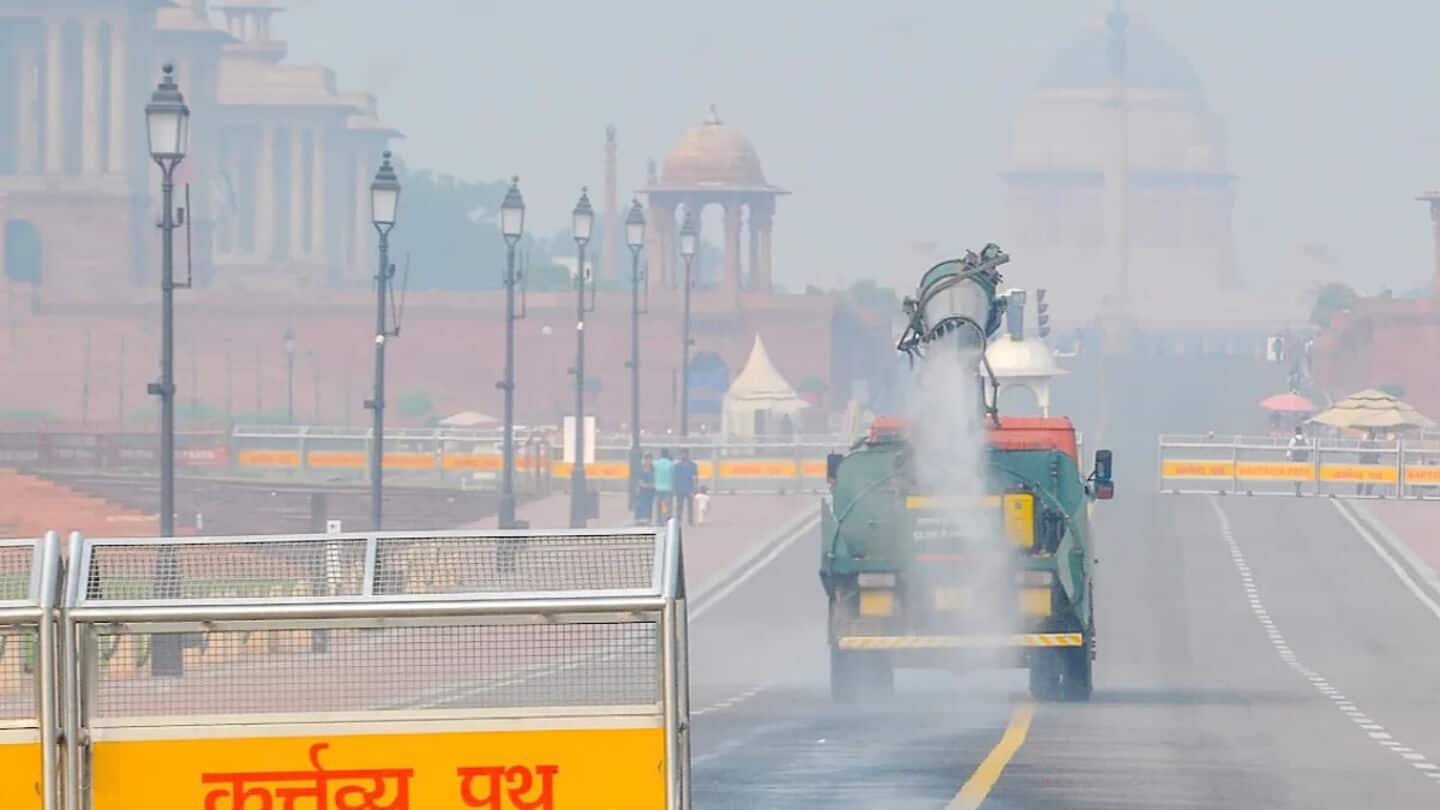
Only 9 Delhi AQI monitors functioned during peak Diwali pollution
What's the story
As Delhi celebrated Diwali on Monday night, the city's air quality deteriorated sharply. However, most of the continuous ambient air quality monitoring stations (CAAQMS) were offline during this critical period, per HT. According to data from the Central Pollution Control Board (CPCB) and Delhi Pollution Control Committee (DPCC), seen by HT, only nine out of 39 stations provided uninterrupted readings during the crucial 36-hour period from midnight on Monday to 11:00am Tuesday.
Data blackout
Some stations lost readings for up to 9 hours
The remaining stations experienced blackouts ranging from one to nine hours during this period. Dwarka Sector 8 recorded data for only 27 out of the 36 hours. Stations at Jawaharlal Nehru Stadium, Nehru Nagar, Patparganj, and RK Puram each lost around eight hours of readings. Four other stations missed an hour, but 10 key monitoring points went dark for six hours or more when firecracker emissions typically peak.
Tech issues
Monitoring stations stop reporting during Diwali every year
Sunil Dahiya, founder and lead analyst of think tank EnviroCatalysts, said this isn't a new issue. He noted that every year, several monitoring stations stop reporting during Diwali as pollution spikes. "The pattern shows that most stations stopped providing data when they approached 1,000 ug/m3," he told Hindustan Times. Dahiya added that the problem affects stations run by different agencies such as DPCC, IITM, CPCB, and IMD.
Health impact
Missing data hampers understanding of pollution's impact
Missing data has serious implications. Scientists say it impacts public health responses and skews understanding of air pollution's effects. "Such missing data hampers insights, makes it impossible to assess exposure accurately, and gives a false sense that air quality is slightly better than it actually is," Dahiya said. Delhi's 39 CAAQMS stations monitor particulate matter, gases like NO2 and SO2, feeding into the Air Quality Index (AQI) and emergency measures under the Graded Response Action Plan (GRAP).
Official response
Environment minister dismisses concerns, says data available online
When asked about the missing data, Delhi's Environment Minister Manjinder Singh Sirsa dismissed concerns. "All data is available on CPCB and DPCC websites. There is no missing data. Those who claim it is missing have their own intentions," he said. He had also claimed that there was a difference of just 11 AQI points before and after Diwali.